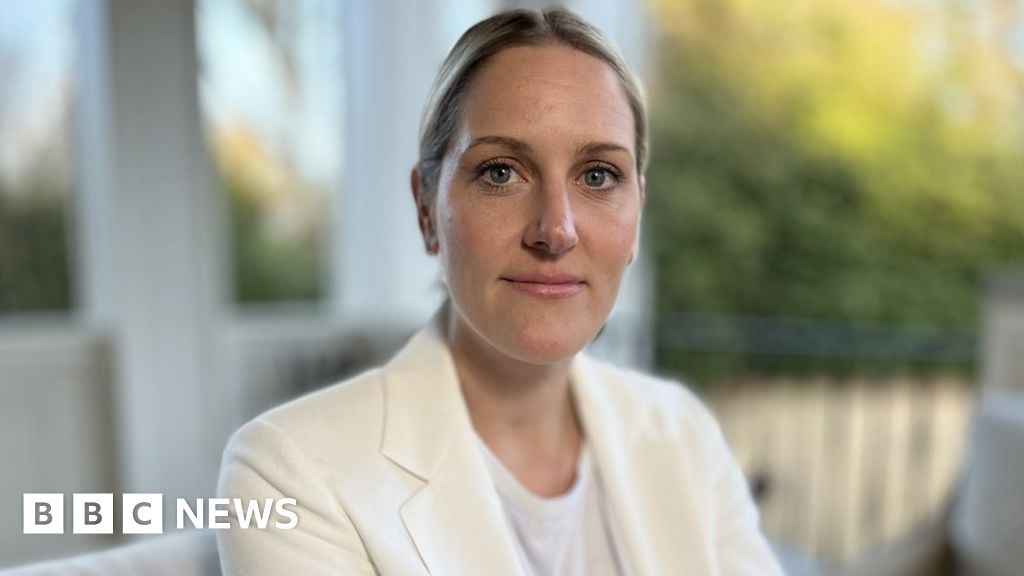- cross-posted to:
- [email protected]
- [email protected]
- cross-posted to:
- [email protected]
- [email protected]
When Alabama’s Supreme Court defined frozen embryos as children, the shock and confusion was immediate. Major hospitals pulled fertility services and would-be parents scrambled for clarity on what would happen next.
The debate over reproductive rights in America has long been driven, in part, by opposition to abortion from Christian groups - but this ruling has divided that movement and ignited debate about the role of theology in US lawmaking.



Unfortunately any theology shouldn’t impact lawmaking.
That statement is rather ambiguous as it could be read to mean it’s unfortunate that theology can’t impact lawmaking, or that it’s unfortunate that theology is impacting lawmaking. Theology shouldn’t impact lawmaking and the fact that it is is the problem. Republicans have been steadily chipping away at separation of church and state for decades now and we’re seeing the impact.
Any hint that a lawmaker is letting religious beliefs dictate their legislation should be an automatic disqualification from office. Politicians shouldn’t even be allowed to mention their religion while campaigning. Instead it’s becoming de rigueur for politicians to affirm their faith on a regular basis, and we regularly have politicians citing religious beliefs in debates about legislation.
The only part of your comment that I disagree with is “unfortunately”.
Fair, my comment was related to the post stating what role theology should play in legislation.